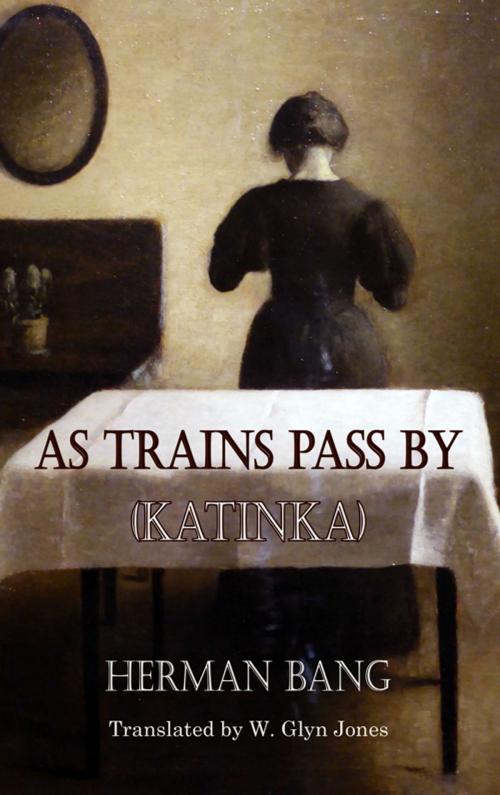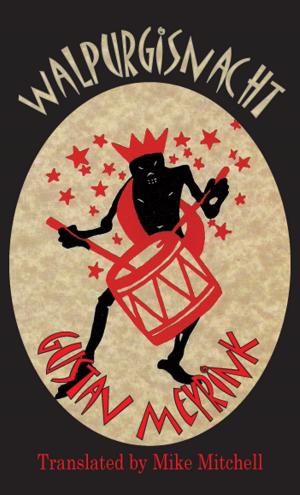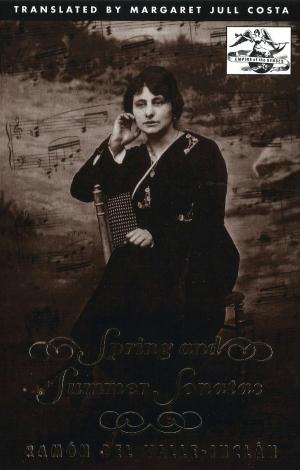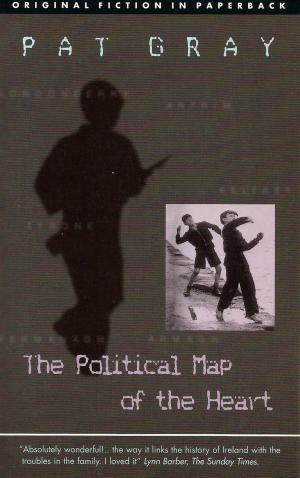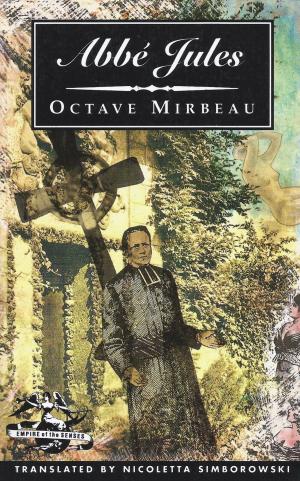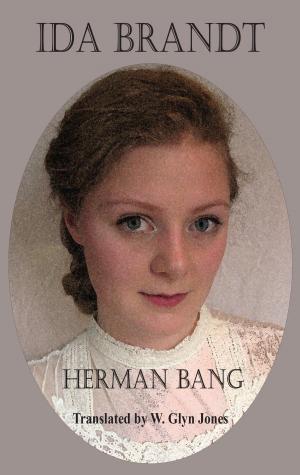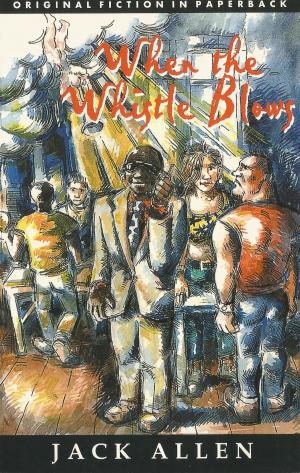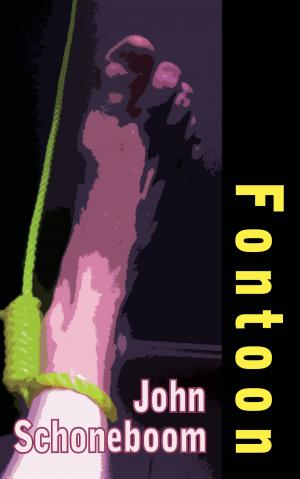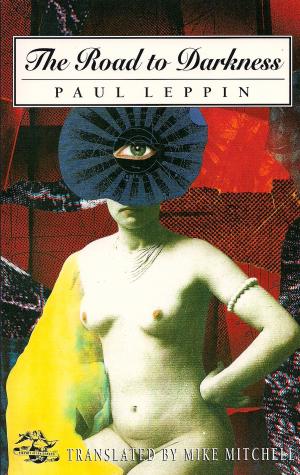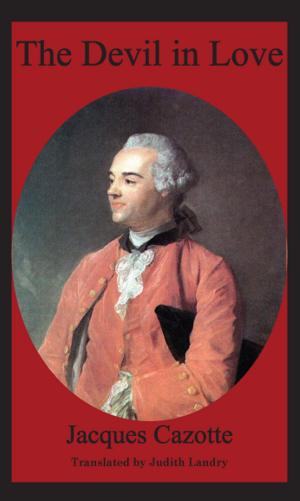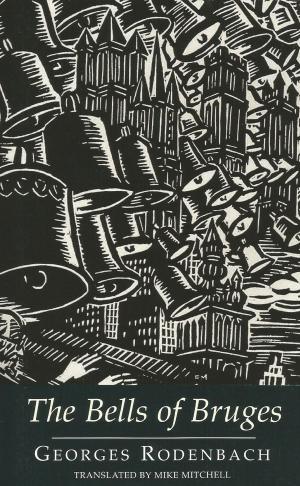| Author: | Herman Bang | ISBN: | 9781910213094 |
| Publisher: | Dedalus Ebooks | Publication: | January 5, 2010 |
| Imprint: | Dedalus Ebooks | Language: | English |
| Author: | Herman Bang |
| ISBN: | 9781910213094 |
| Publisher: | Dedalus Ebooks |
| Publication: | January 5, 2010 |
| Imprint: | Dedalus Ebooks |
| Language: | English |
Monsieur Bang, you are the first impressionist author in the world." Claude Monet. Katinka is the stationmaster's wife in a sleepy Danish provincial town and her domestic languor is disrupted by the arrival of Huus, the new foreman on a nearby farm. Unlike her boorish husband Huus is attentive and sensitive and despite her best efforts Katinka falls in love with him. Her whole life is turned upside down by an intense passion she had never expected to experience and which has unforeseen consequences. Katinka is another of Herman Bang's tragic heroines. In its impressionistic almost cinematic style it is a novel ahead of its time. 'The simplicity and intensity of the story are mirrored in this translation by W Glyn Jones. Katinka’s catastrophe is far more powerful than either that of Emma Bovary or that of Anna Karenina in a novel that is about far more than her wilful misfortune. Bang’s gentle heroine dominates her story, although, as he cleverly suggests in the understated denouement, life can, and does, carry on.' Eileen Battersby in The Irish Times 'In this 19th-century novel set in rural Denmark, Katinka Bai, a young woman married to a coarse man, thinks herself content until she meets Huus, a newcomer to her town. As she gradually falls in love with him, she keenly feels both the aridity of her marriage and the promise of fulfillment with Huus. When Katinka resists temptation and breaks off contact with her suitor, the consequences of virtue prove as tragic for her as those of sin did for Emma Bovary. Remaining in a soul-destroying union, powerless against overwhelming internal and external pressures to conform, Katinka falls ill. Finally, a revelation about her husband inspires her to fight to save herself, but it is too late. Told with intelligence and compassion, this is a strongly feminist novel about the destructive limits society imposes upon women as well as a portrait of mankind's poignant search for love. Impressionistic dialogue effectively conveys a sense of characters and events, and fresh, quickly drawn descriptions of the Danish countryside provide a welcome counterpoint to the stifling human drama. Honed insights and spare, direct style give this classic very contemporary appeal.' Publishers Weekly
Monsieur Bang, you are the first impressionist author in the world." Claude Monet. Katinka is the stationmaster's wife in a sleepy Danish provincial town and her domestic languor is disrupted by the arrival of Huus, the new foreman on a nearby farm. Unlike her boorish husband Huus is attentive and sensitive and despite her best efforts Katinka falls in love with him. Her whole life is turned upside down by an intense passion she had never expected to experience and which has unforeseen consequences. Katinka is another of Herman Bang's tragic heroines. In its impressionistic almost cinematic style it is a novel ahead of its time. 'The simplicity and intensity of the story are mirrored in this translation by W Glyn Jones. Katinka’s catastrophe is far more powerful than either that of Emma Bovary or that of Anna Karenina in a novel that is about far more than her wilful misfortune. Bang’s gentle heroine dominates her story, although, as he cleverly suggests in the understated denouement, life can, and does, carry on.' Eileen Battersby in The Irish Times 'In this 19th-century novel set in rural Denmark, Katinka Bai, a young woman married to a coarse man, thinks herself content until she meets Huus, a newcomer to her town. As she gradually falls in love with him, she keenly feels both the aridity of her marriage and the promise of fulfillment with Huus. When Katinka resists temptation and breaks off contact with her suitor, the consequences of virtue prove as tragic for her as those of sin did for Emma Bovary. Remaining in a soul-destroying union, powerless against overwhelming internal and external pressures to conform, Katinka falls ill. Finally, a revelation about her husband inspires her to fight to save herself, but it is too late. Told with intelligence and compassion, this is a strongly feminist novel about the destructive limits society imposes upon women as well as a portrait of mankind's poignant search for love. Impressionistic dialogue effectively conveys a sense of characters and events, and fresh, quickly drawn descriptions of the Danish countryside provide a welcome counterpoint to the stifling human drama. Honed insights and spare, direct style give this classic very contemporary appeal.' Publishers Weekly
